Mercedes-Benz has altered its plans to become fully electric by 2030, as previously announced. The brand has also abandoned its target of achieving a 50 percent sales volume from its hybrid and EV range by 2025. In 2023, fully electric vehicle sales only made up 11 percent of the brand’s total sales volume.
During the annual press conference, Mercedes-Benz CEO Ola Källenius stated that the brand no longer intends to transition to full electric by 2030, particularly in certain markets like Europe. Instead, the company plans to continue manufacturing combustion engine vehicles throughout the next decade due to the slow adoption of electric and hybrid vehicles worldwide. The lukewarm response to the brand’s EQ range has contributed to this decision.
Källenius emphasized that transformation is not a linear process and acknowledged the challenges of transitioning the entire energy infrastructure behind mobility. Despite the change in strategy, Mercedes-Benz remains committed to achieving CO2-neutrality by the end of the next decade and aims to meet diverse customer needs well into the 2030s.
In 2023, Mercedes-Benz recorded global sales of 2,491,600 vehicles, marking a modest 1.5 percent increase over 2022. While the sales of fully electric vehicles surged by 73 percent, reaching 222,600 units, they only accounted for 11 percent of the total sales volume. Including hybrids, battery-powered vehicles made up 19 percent of total sales.
The EQ range, introduced in 2021 with the EQC all-electric SUV, has expanded to include various sedans, MPVs, and SUVs. Mercedes-Benz also plans to introduce the EQG, an all-electric version of the G-Class, and has showcased the CLA electric four-door sedan concept at the 2023 IAA Munich Motor Show. The production version of the CLA will be based on the MMA platform, accommodating both electric and hybrid vehicles.
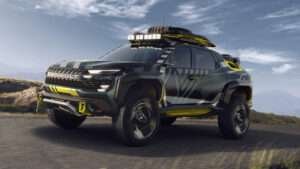
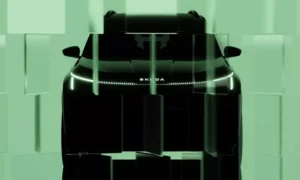

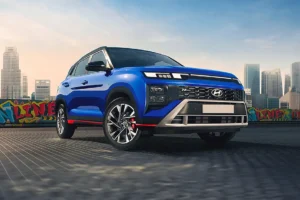


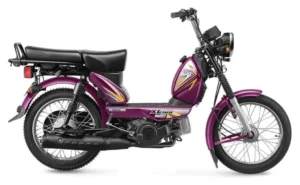
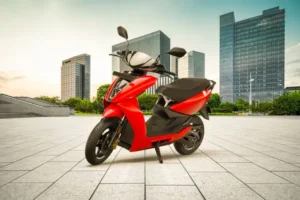
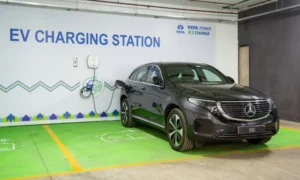
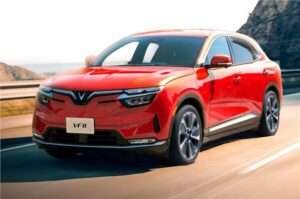
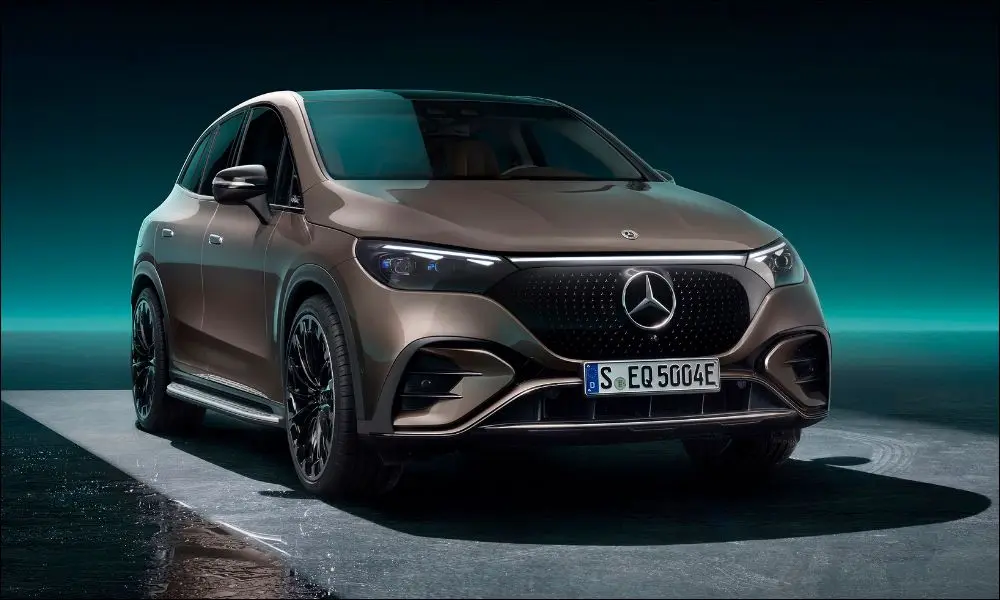
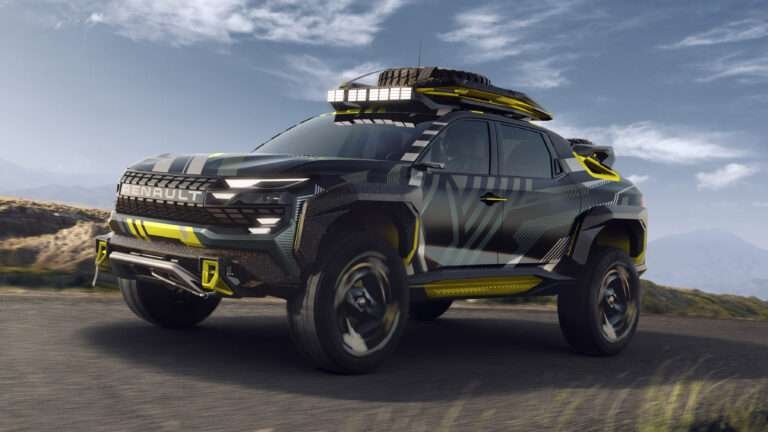
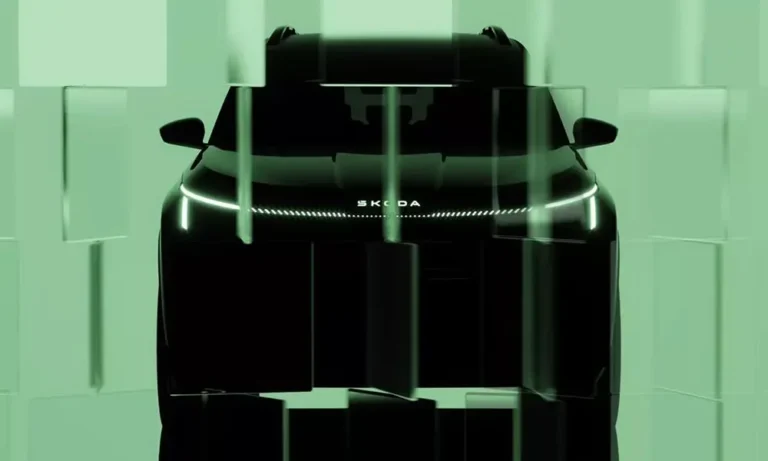
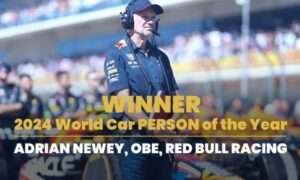
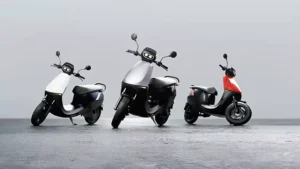
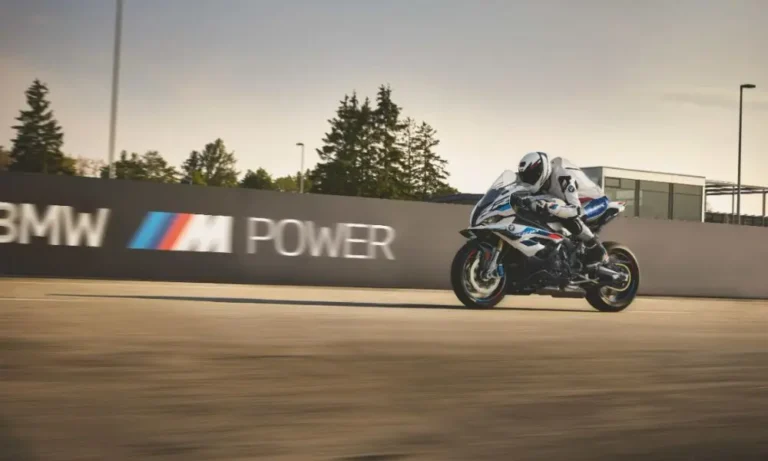
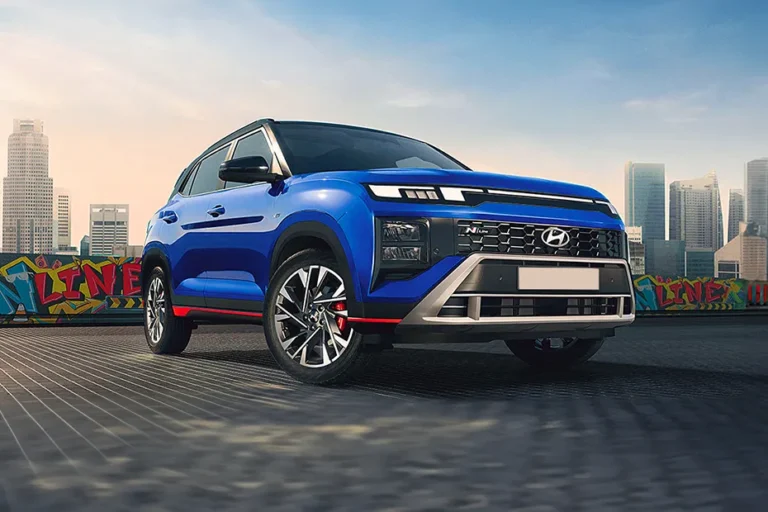
+ There are no comments
Add yours